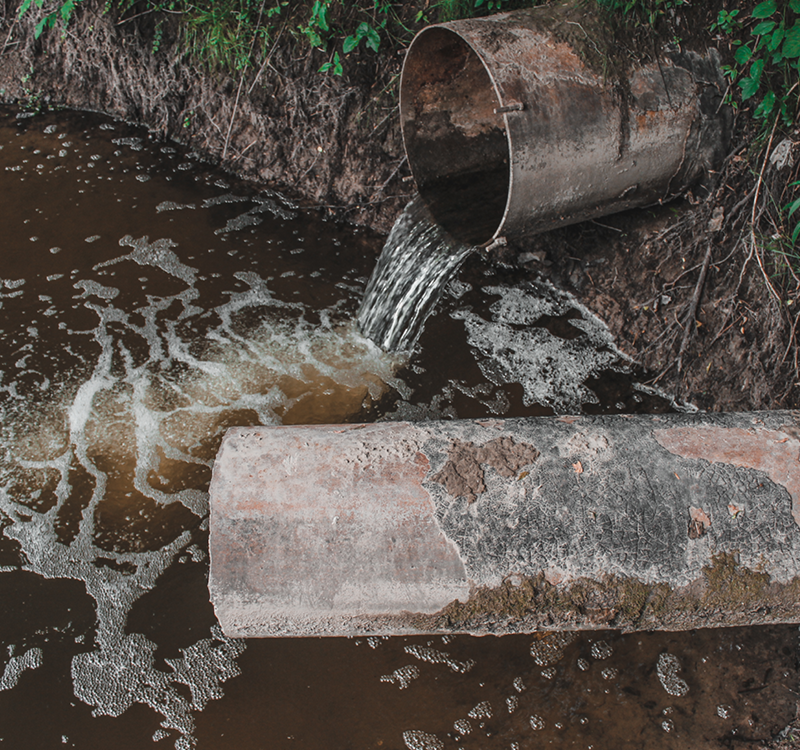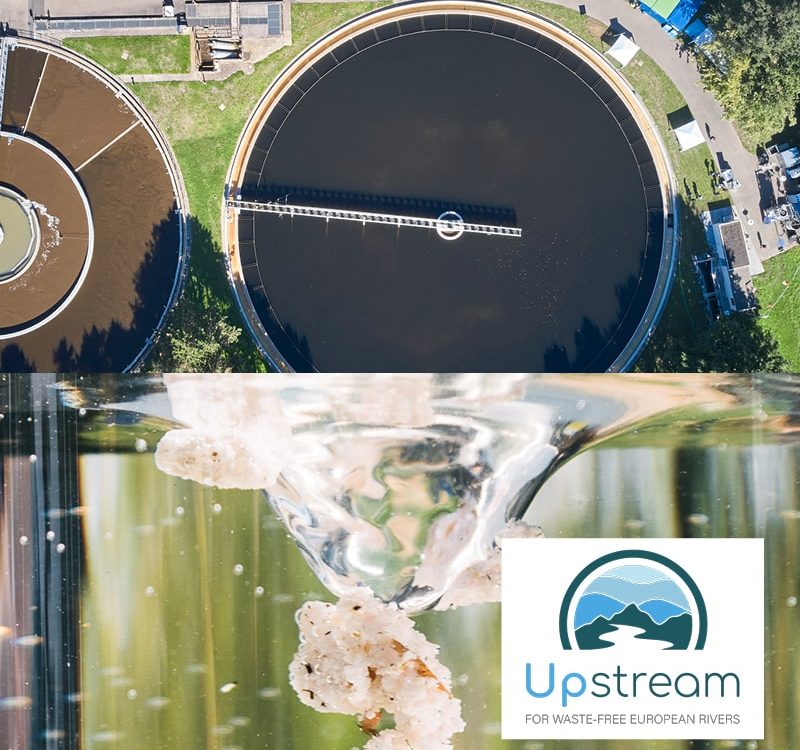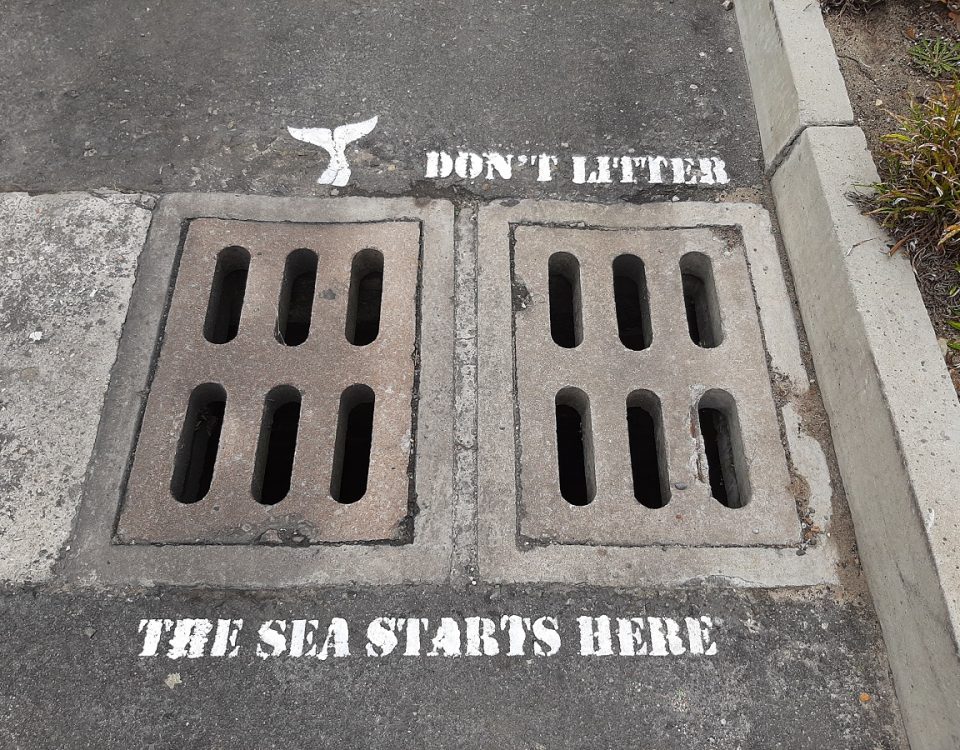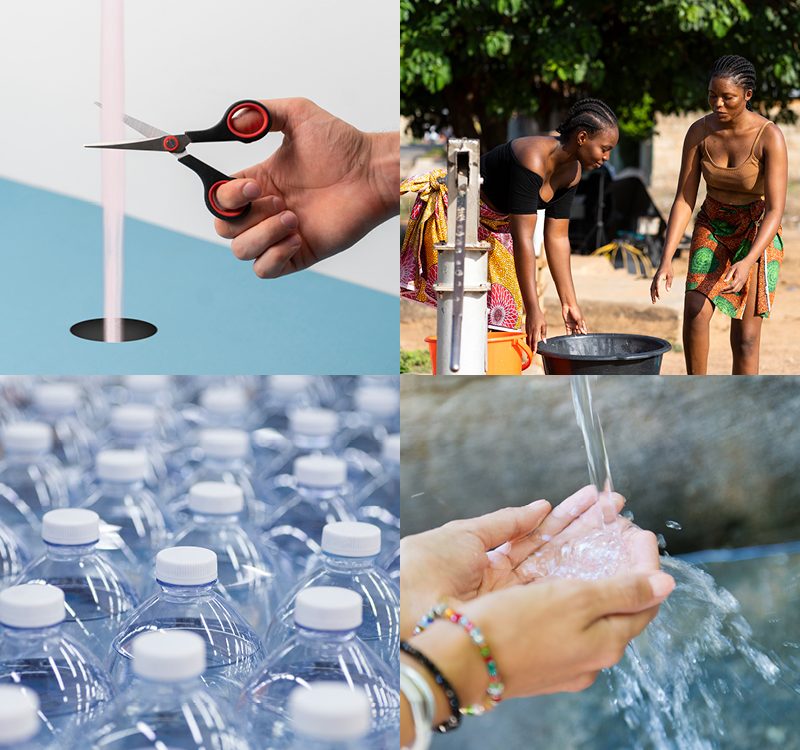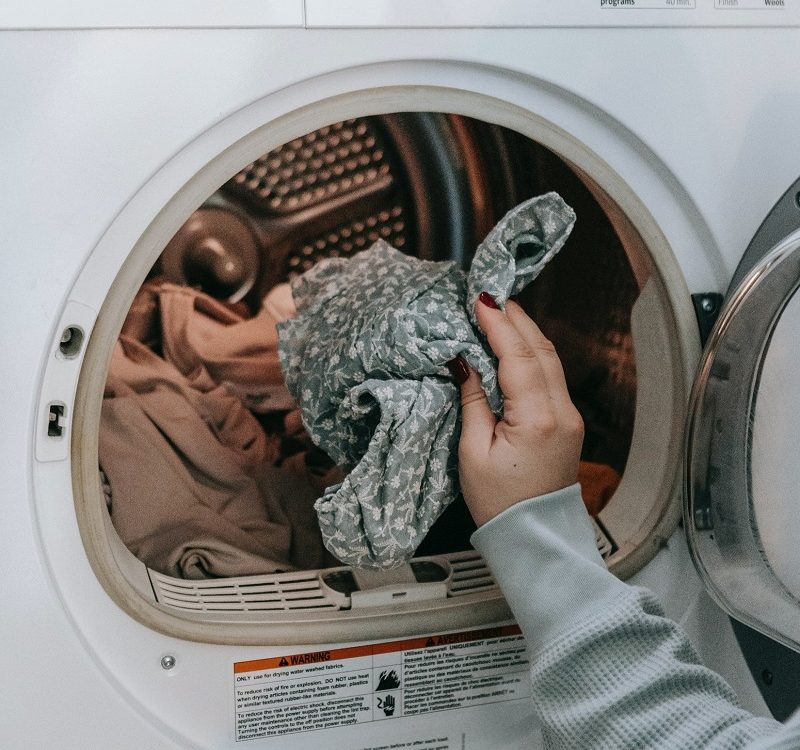Non-stick pans, waterproof clothing, food packaging – within all these products lie toxic “forever” chemicals called PFAS (per- and polyfluoroalkyl substances). These synthetic chemicals are used in various industries for their water-, stain- and grease-resistant properties, but contaminate the air, water, and soil along the entire value chain. They have been detected everywhere from human blood and organs, groundwater, marine animals, wildlife, rain, and remote regions of the Arctic. Because of their high persistence, they can take thousands of years to degrade and thus accumulate in the environment. Combined with their toxicity, high mobility, accumulation in organisms (bioaccumulation and -magnification), they are a major concern as environmental pollutants. The EU has recently released its proposal for a PFAS ban. In our two-part blog, we get to the bottom of the issue.



